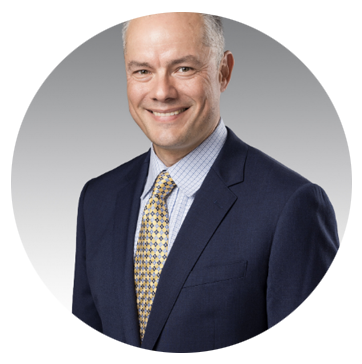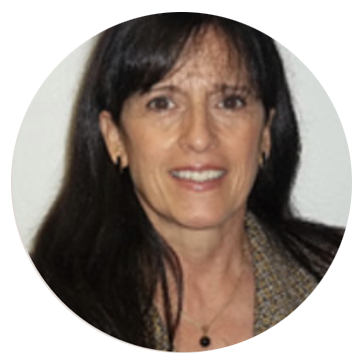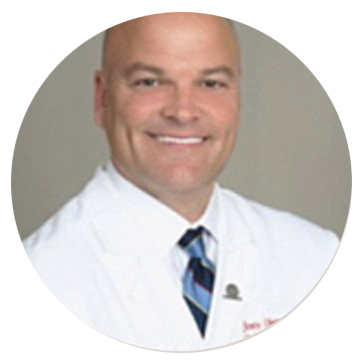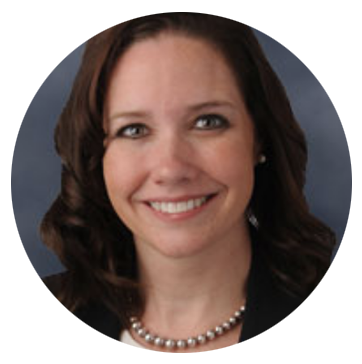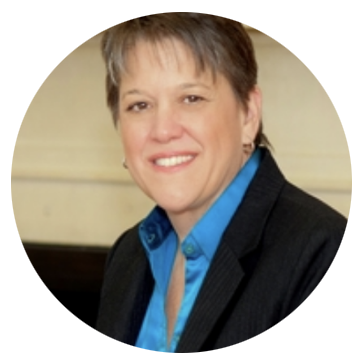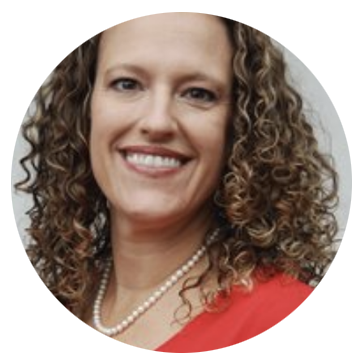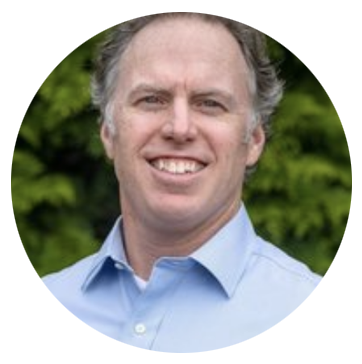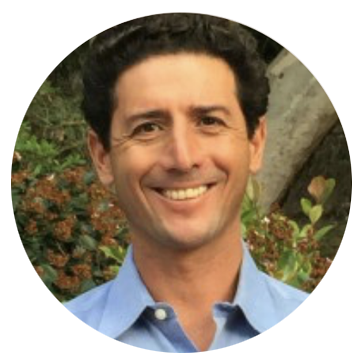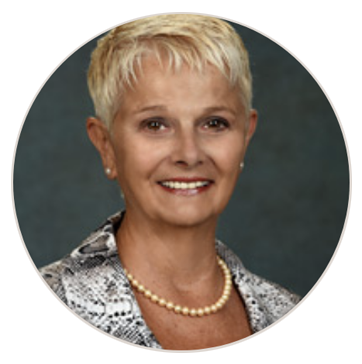Challenge
- Building a culture of excellence
- Maintaining improvement
Solution
- Patient-centered care
- Powerful research
- Key drivers
- Training
Results
- Lower cost per episode of care
- Better survival rate
- Fewer complications
- Better patient safety and adherence to core measures of care
Winning national recognition for overall health system performance requires a relentless pursuit of excellence. One U.S. hospital system has not only attained the highest standard, but has sustained it for four consecutive years.

Mission Health outperformed its peers on a number of fronts. Truven applied hard science to transparent public data to determine the results that revealed Mission Health’s:
- Lower cost per episode of care
- Better survival rates
- Fewer complications
- Better patient safety and better adherence to core measures of care
Excelling in these areas is just a part of the Mission Health story. Success with these parameters stems from Mission Health’s unwavering commitment to building a culture of excellence with a foundation of outstanding communication, teamwork, and patient-centered care.

Ronald Paulus, M.D., CEO of Mission Health, says, “What I’m most proud about is the consistency of our performance. I feel a profound sense of pride for our team—our frontline staff, our quality leaders, our board—the entire organization. Improving is very hard work; maintaining improvement is even harder.”
Patient-Centered Care Essential to a Culture of Excellence
“We’ve tried to capture the essence of what we want our culture to be in what we call our BIG(GER) Aim—to get each patient to their desired outcome, first without harm, also without waste, and with an exceptional experience for every patient and family,” Dr. Paulus says.
Implementing “patient-centered care” versus “patient-serving care” is critical. “It’s more than just being nice to a patient,” says William Maples, M.D., former Chief Quality Officer of Mission Health and one of the key architects of its improvement program. Dr. Maples is also a former Mayo Clinic physician and current Chief Medical Officer for Professional Research Consultants, Inc. (PRC).
Dr. Maples says that by listening to patients, Mission Health knows what they really want and expect. This includes:
- Being listened to
- Being respected
- Being heard and understood in the context of who they are
- Feeling a connection and understanding with their care team
- Feeling trust in their provider
Dr. Maples explains that “patient-serving care” doesn’t fully address these priorities. Answering a call light or showing up on a unit for morning rounds is good, but it isn’t enough to deliver an exceptional experience.
“Patient-centered care,” on the other hand, is valuing someone as a human being and truly connecting with that person. It’s doing hourly rounding on a patient to anticipate needs before the patient needs to press the call button, or conducting multidisciplinary rounds in which all care team members come together and engage the patient in a coordinated care team plan.
“If you nurture these skills and communicate well, it takes the same amount of time to have a meaningful encounter as it does to show up and administer physical care only,” Dr. Maples says.
“The return on investment is that you won’t have 10 other call lights to answer when you provide the right care the first time, every time. Investing in patients at the time of care cuts down on complications and safety issues, and may prevent future Emergency Department visits because people have the discharge information they need to help take care of themselves when they return home.”
The Power of Research: Understanding What Patients Want
To help achieve its BIG(GER) Aim, Mission Health tapped PRC’s expertise more than four years ago. It looked to PRC to facilitate the move toward a patient-centered culture and care model.
PRC talks to 2 million patients per year across the United States, gathering information about how people think and what they want in a healthcare experience. The goal is to improve healthcare by helping organizations make better decisions about their practices, based on real patient responses and quantifiable data.
Mission Health included PRC on its improvement team to provide sound analytical underpinnings to its strategies for improvement, Dr. Paulus says.
“The fact that surveys are completed by telephone to a defined sample size helps make the data more valid and actionable. But it’s really PRC’s ability to define key drivers of performance change that enabled us to focus on those items of most value for our patients,” he says.
Identifying Key Drivers of Performance Change
With current, customized research data, the hospital’s improvement team looks at key drivers for changing an individual’s or a group’s performance. Whether it’s the ICU, cardiovascular services or a single physician’s performance, the data provides a road map for creating the best patient experience.
“Hospitals have gravitated toward process improvement projects that identify wasted resources, which are helpful, but not sufficient,” Dr. Maples says. “Creating the right work environment with everyone on the same page all the time—and the patient at the center—is what drives down errors and complications and increases safety and efficiency.”
Key drivers, such as communication, teamwork, and safety, shine a spotlight on what a health system needs, to move in the right direction.
For example, Mission Health’s six hospitals have committed to improving teamwork and communication among physicians and nurses in the emergency departments. The goal is to have physicians and nurses round together so the patient gets clear, consistent information. Safety increases because everyone is on the same page with the care plan.
On an individual level, one family practitioner was so discouraged with her patient satisfaction scores that she turned to research to learn what patients want to get out of their visit. As she learned how to involve her patients more fully in their care, her satisfaction scores rose dramatically.

Training the Healthcare Team
In 2011, Mission Health embarked on a journey to equip its physicians, nurses, and allied staff with the communication skills necessary to create an ideal patient experience. Engaging staff— from environmental services to the operating room—to embrace a common vision required both a financial and philosophical commitment.
“We need healthcare providers who are treating more than the illness. Putting the patient at the center as an integral team member requires a highly functioning team with a common vision and purpose. At the heart of it is the ability to effectively communicate and connect with patients and each other,” Dr. Maples says.
Mission Health leadership engaged physicians from the start.
“We realized physicians had to lead the team effort and needed communication skills to create connections from patient to physician, physician to medical team, and physician to physician,” Dr. Maples says.
Experts were brought in to train carefully selected physicians how to teach others in the organization to connect with people on a deeply empathetic, personal level. They taught skills such as listening, information gathering, setting an agenda, and building connections.
Through patient surveys, Mission Health identified physicians who were not meeting patient expectations. Physician leaders approached those doctors in a positive way to help them become more effective and compassionate communicators.
Dr. Maples, who was the hospital system’s Chief Quality Officer during this process, says, “Most doctors think they do a wonderful job. They can be blind to any shortcomings unless they see the data. You have to have courage and backbone as an organizational leader to tell doctors that we need to do this to help each other become better. It’s not a punitive approach. We just have to keep putting the patient at the center of all of this.”
Dr. Maples gave up his position at Mission Health to promote communication in healthcare through the newly established Institute for Healthcare Excellence (IHE) in spring 2015. The Institute is a subsidiary of PRC. As Executive Director and Chief Experience Officer of The Institute, Dr. Maples leads the IHE faculty, who offer a structured physician communication program in addition to other resources to implement culture-changing interventions in health systems.
Mission Health continues to strengthen its culture with ongoing peer-to-peer communication training at all levels of the organization.
Sustaining a Culture of Excellence
Dr. Maples and Dr. Paulus agree that it’s incredibly hard work not only to attain excellence, but to sustain it once you’ve reached a standard or goal.
Dr. Maples notes a few essentials to improving and sustaining a successful healthcare system:
- Work as a team and believe wholeheartedly that financial success is tied to delivering the type of care that everyone wants. “Even in hard times, you can’t take your eye off the ball.”
- Commit the resources to implement interventions that will create the right service experience. “You can’t just wish or hope it will happen.”
- Form a leadership team of people who support each other, have the courage and strength for the tough conversations and celebrate when they succeed. “We can’t let fear prevent us from taking the first step forward.”
- Support your decisions with trustworthy data on patient experience, safety, mortality, and other critical metrics.
Mission Health has applied these principles. Before finalizing plans for a new medical tower, the health system talked to 100 patients to understand their visions of a caring environment.
Dr. Paulus notes how his system intends to move forward: “Holding on to gains is often more challenging than achieving them. My goal is to maintain a relentless emphasis on our patients first and foremost—what do they need, how do they want to be treated, how can we help them achieve their goals in an empowered, compassionate manner? That trumps everything else, and I believe it will guide us directly to our BIG(GER) Aim.”
About Mission Health
Mission Health, based in Asheville, North Carolina, is the state’s sixth-largest health system and the region’s only not-for-profit, independent community hospital system governed and managed exclusively in western North Carolina. Mission Health has been recognized as one of the nation’s Top 15 Health Systems from 2012-2015 by Truven Health Analytics, formerly Thomson Reuters. Mission Health is the only health system in the nation to receive this recognition four years in a row, and the only health system in North Carolina to achieve Top 15 recognition. Mission Health, which traces its roots in the region back to 1885, operates six hospitals, numerous outpatient and surgery centers, post-acute care provider CarePartner, long-term acute care provider Asheville Specialty Hospital, and the region’s only dedicated Level II Trauma center.








